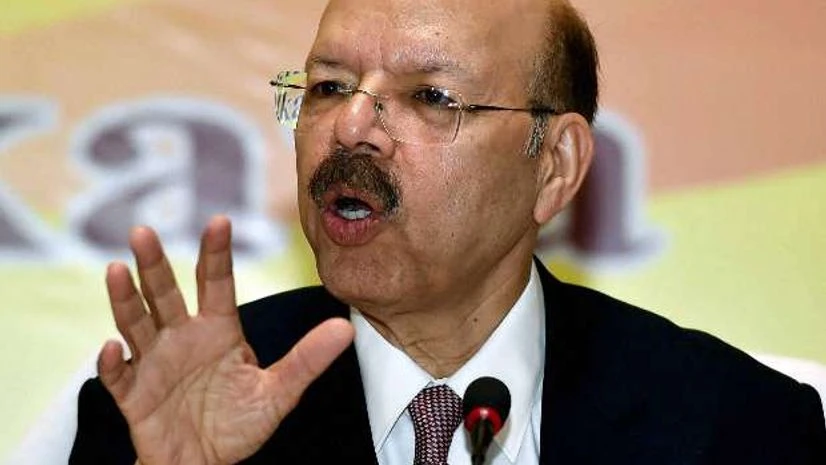The idea of compulsory voting has not been found practical, Chief Election Commissioner Nasim Zaidi said on Wednesday, months after the government rejected a similar demand in the Lok Sabha.
"Issue of compulsory voting as prevalent in some countries has been a matter of discussion earlier...We found the idea not so practical. But we will like to hear," he said.
He was addressing an international conference on voter awareness here.
More From This Section
The Law Commission in its report on electoral reforms submitted in March last had also decided against recommending compulsory voting by terming it as "highly undesirable" for a variety of reasons such as being undemocratic, illegitimate, expensive, unable to improve quality political participation and awareness, and difficult to implement.
Later, responding to a question by reporters on the holding of simultaneous Lok Sabha and assembly elections, Zaidi said the Commission has told a Parliamentary committee and the Law Ministry that such an exercise can be undertaken once political parties are unanimous in amending the constitution and the poll panel's certain demands like buying new EVMs are met.
In its reply to the Law Ministry in May on the issue, the Commission had said it supported the proposal but cost involved will be to the tune of over Rs 9,000 crore.
Deposing before the parliamentary panel which gave its report on 'Feasibility of holding simultaneous elections to Lok Sabha and state Legislative Assemblies' in December last, the Commission had expressed similar "difficulties".
The Commission has told the government as well as the committee that simultaneous conduct of elections would require large-scale purchase of Electronic Voting Machines and Voter Verifiable Paper Audit Trail (VVPAT) machines.
While as per electoral law, elections can be held six months prior to the end of the term of a House, the term of the House cannot be extended except during proclamation of Emergency.
Prime Minister Narendra Modi had said during a meeting of BJP office-bearers on March 19 that state elections coupled with local-level polls, spread across virtually every year, often "hinder" the execution of welfare measures. He was keen on simultaneous elections once in five years.

)
